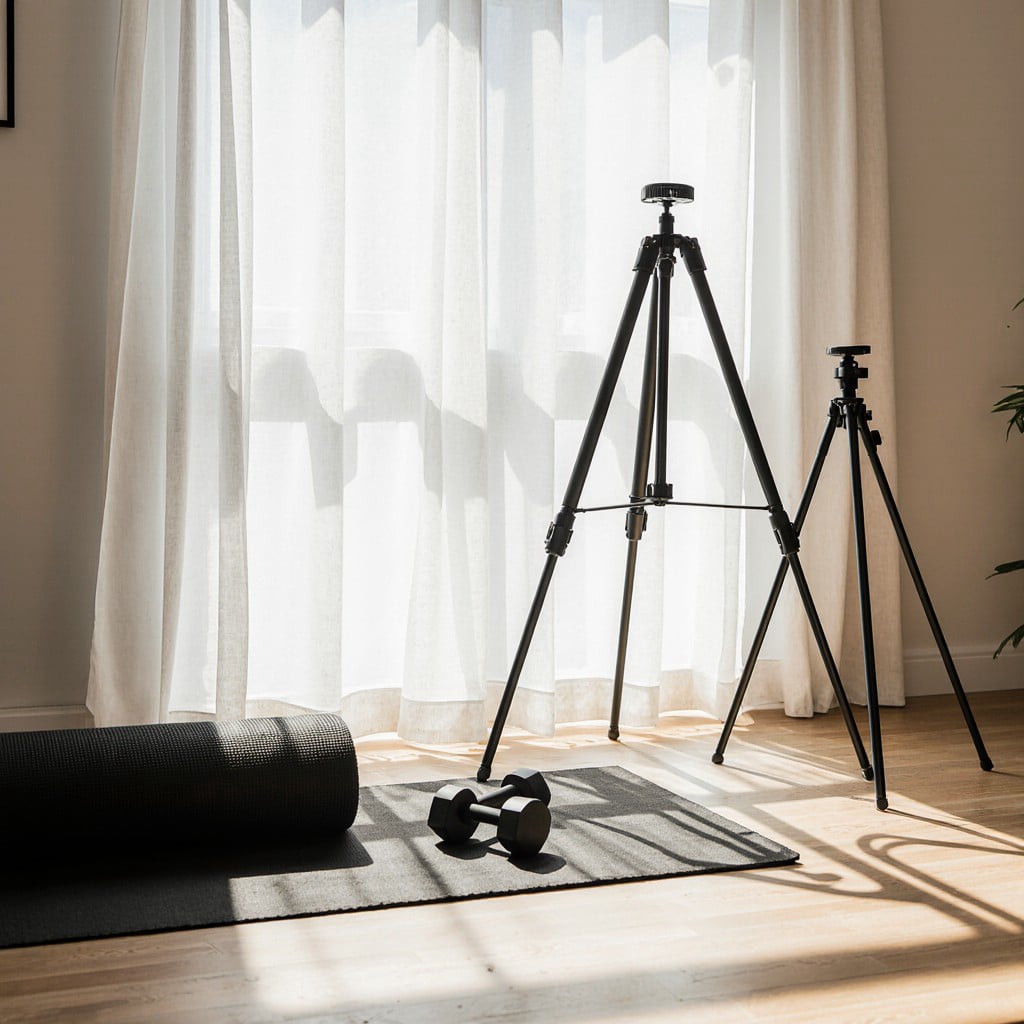Home Training Setup
This post lists practical ideas for arranging a small space at home. A clear floor area and stable lighting keep the frame defined for recording. Camera placement is described with neutral angles so the frame shows the full setup. Basic storage keeps items in one place between sessions without naming brands. Readers can mention personal preferences in the contact form so scheduling notes reflect their environment.
